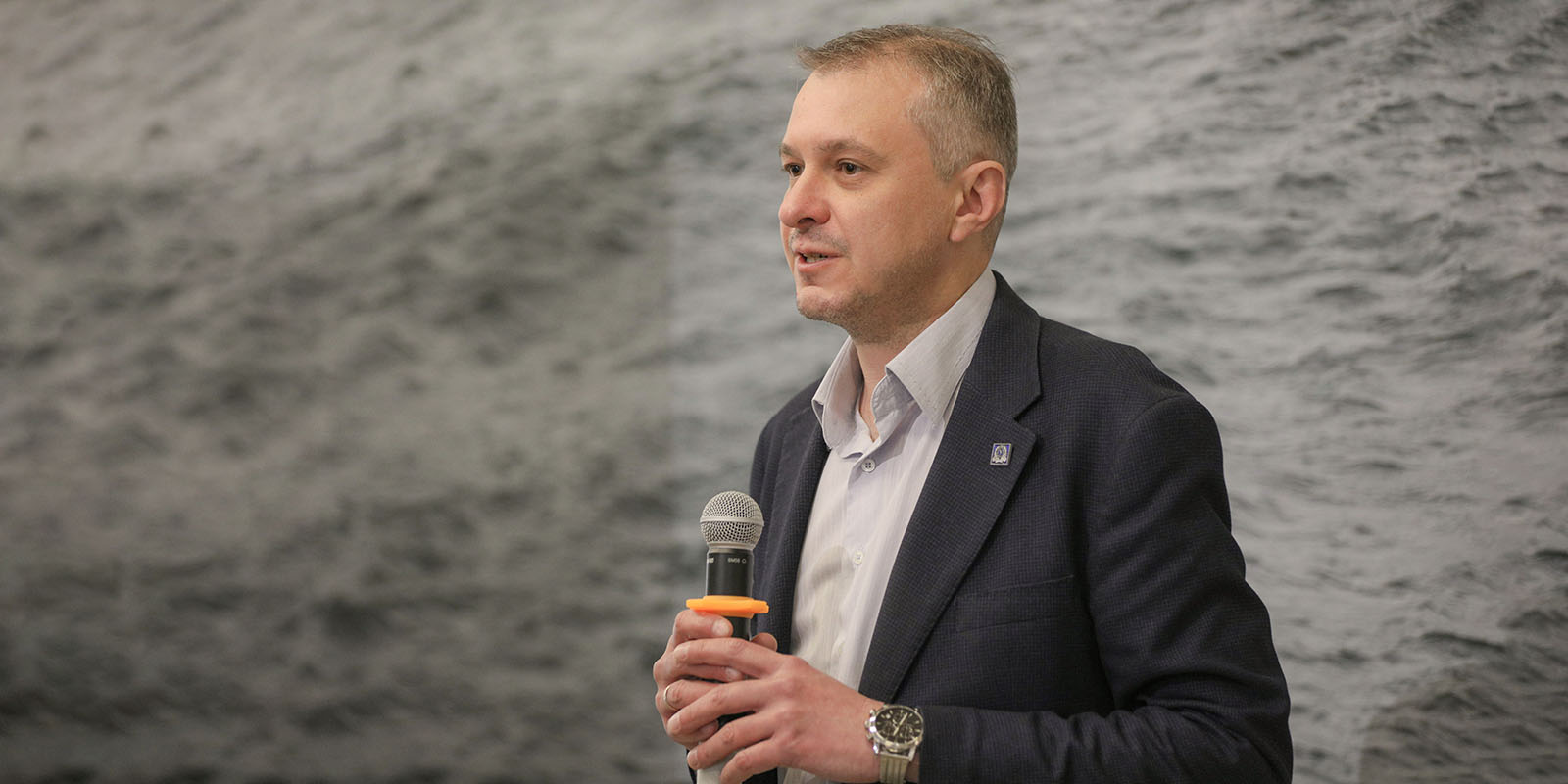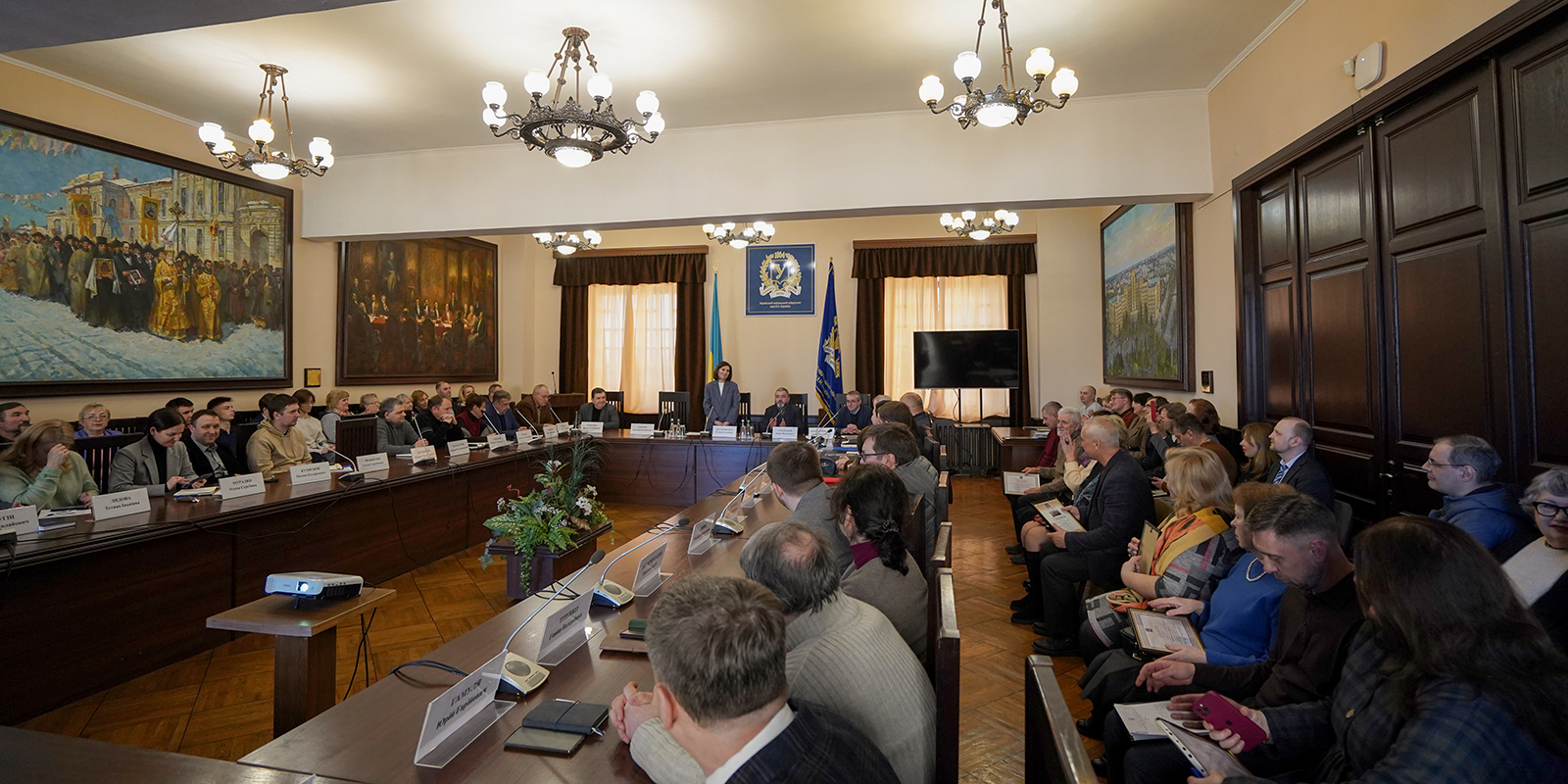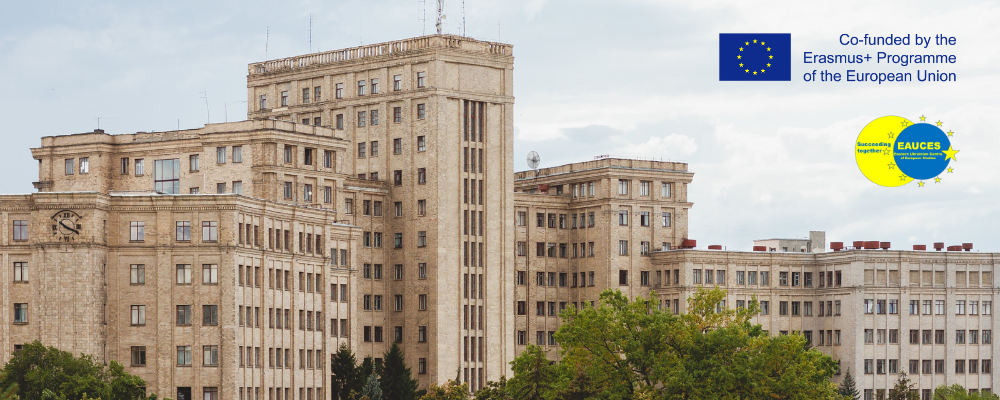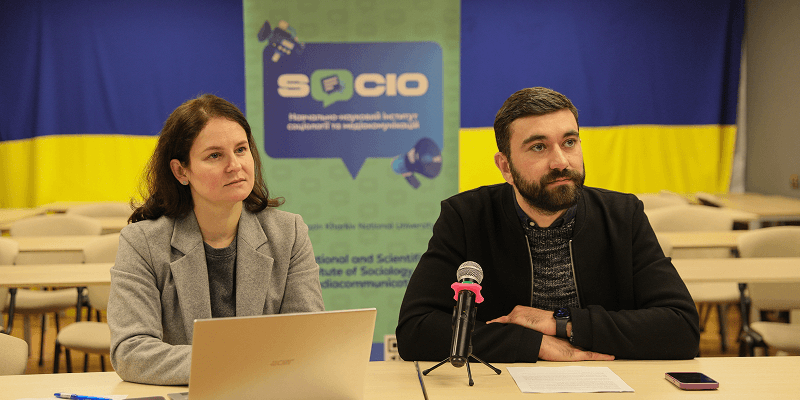International Day of Science Engagement for Sustainable Development: A Conversation with the Vice-Rector

For the first time, on November 27, the global academic community celebrates the International Day of Science Engagement for Sustainable Development — an initiative proposed by Ukraine and adopted at the 43rd session of the UNESCO General Conference. Symbolically, the date coincides with the birthday of Borys Paton and the founding of the Ukrainian Academy of Sciences. For Ukraine, this day represents international recognition of our role in developing responsible science. For Karazin University, it is an additional impetus to strengthen its work in the field of sustainable development, where the University already has significant scientific, educational, and strategic achievements.
We spoke about this day, about science, and about the role of universities in the future with Anton Panteleimonov, Vice-Rector for Research and Education.
— What does the establishment of this day mean for the global scientific community?
The UNESCO designation of the International Day of Science Engagement for Sustainable Development is, above all, a signal that the world recognizes the need for a broader dialogue about the role of science in addressing planetary challenges. We are witnessing how issues of climate security, social responsibility, economic transformation, and technological ethical dilemmas become part of discussions not only in academic circles but also at the level of public policy. The emergence of a new international day summarizes a decade of accumulated efforts and offers a shared global focal point for further cooperation.
On the other hand, it is also a tool for raising public awareness. Society needs science-based solutions, yet it often does not understand the very logic of science — its duration, complexity, the need for repeated research. Such a day creates an opportunity to explain that science shapes responsible attitudes toward the future and the resources we will leave to the next generations.
— What role should universities play in sustainable development?
Universities are environments where the ideas of the future are born. It is here that interdisciplinary approaches are formed, serving as the basis for addressing sustainable development challenges. Universities must not only produce scientific knowledge but also teach students to think systemically and cultivate an awareness of global processes and the ability to make decisions that take long-term consequences into account.
Furthermore, universities serve as models to follow. They can demonstrate how to implement environmental and social standards, how to build inclusive and energy-efficient campuses, and how to orient administrative policies toward responsibility to the community. In this way, universities become laboratories of sustainable development — not only in theory but also in practice.
— How does the University engage young people in sustainable development processes?
Engagement begins with the educational component: we integrate sustainable development topics into academic programs across various fields—from biology and sociology to economics and international relations. Students have the opportunity to work on real cases, analyze problems of urban environments, climate risks, or social transformations, and then propose their own research-based solutions. This nurtures a practical understanding of the SDGs and makes students active participants in the process.
— Is students’ interest in sustainable development growing?
Yes, we are observing a significant rise in interest in topics such as ecology, responsible consumption, social inclusion, and technology ethics. The new generation of students is much more sensitive to issues of climate and social justice. They understand that sustainable development is not an abstraction from international documents but concrete decisions affecting their quality of life here and now.
In response to this wave of interest, the University is expanding opportunities for students to participate in scientific and civic projects.
Modern students also seek more practicality in their initiatives. They are interested not only in analyzing problems but in developing prototypes of solutions: eco-monitoring, social research, neurotechnologies for medicine, models of sustainable urban spaces. And the University supports this.
— How can fundamental science be combined with ethical responsibility?
Fundamental science cannot exist separately from ethical principles, especially in today’s world where technologies affect billions of people. Researchers must be aware of the consequences of their discoveries and studies—particularly in biotechnology, artificial intelligence, and energy. We actively integrate ethical modules into academic programs, teaching students to understand technological risks and to work within the principles of responsible science.
— Which research areas are most promising for Ukraine’s sustainable recovery?
The most promising areas include research in environmental safety, energy efficiency, renewable energy, and infrastructure reconstruction. We need new solutions for soil and water purification, pollution analysis, the creation of resilient urban systems, and building modernization.
Mathematical and physical modeling also holds enormous potential, as it allows for forecasting risks and planning the recovery of territories.
Equally important are social and humanitarian studies: psychological support, social cohesion, community governance, inclusive reconstruction. Ukraine has a chance to build a new development model based on human capital, innovation, and international integration. Universities will play a key role in this process.
— What role do digital technologies and AI play in sustainable development research?
Digital technologies make it possible to analyze large datasets, model climate change, optimize logistics, and predict environmental risks. AI is becoming an essential tool for increasing research accuracy and automating routine tasks, allowing scientists to focus on creative and strategic work. This significantly accelerates the research cycle and makes research more accessible.
Another important aspect is the use of AI in the social sciences: analyzing large social datasets, modeling migration processes, predicting behavioral trends. Technology helps us better understand societal processes, which is key to sustainable development.
The University actively integrates these tools into teaching and research.






.jpg)
.png)
.jpg)


.jpg)
